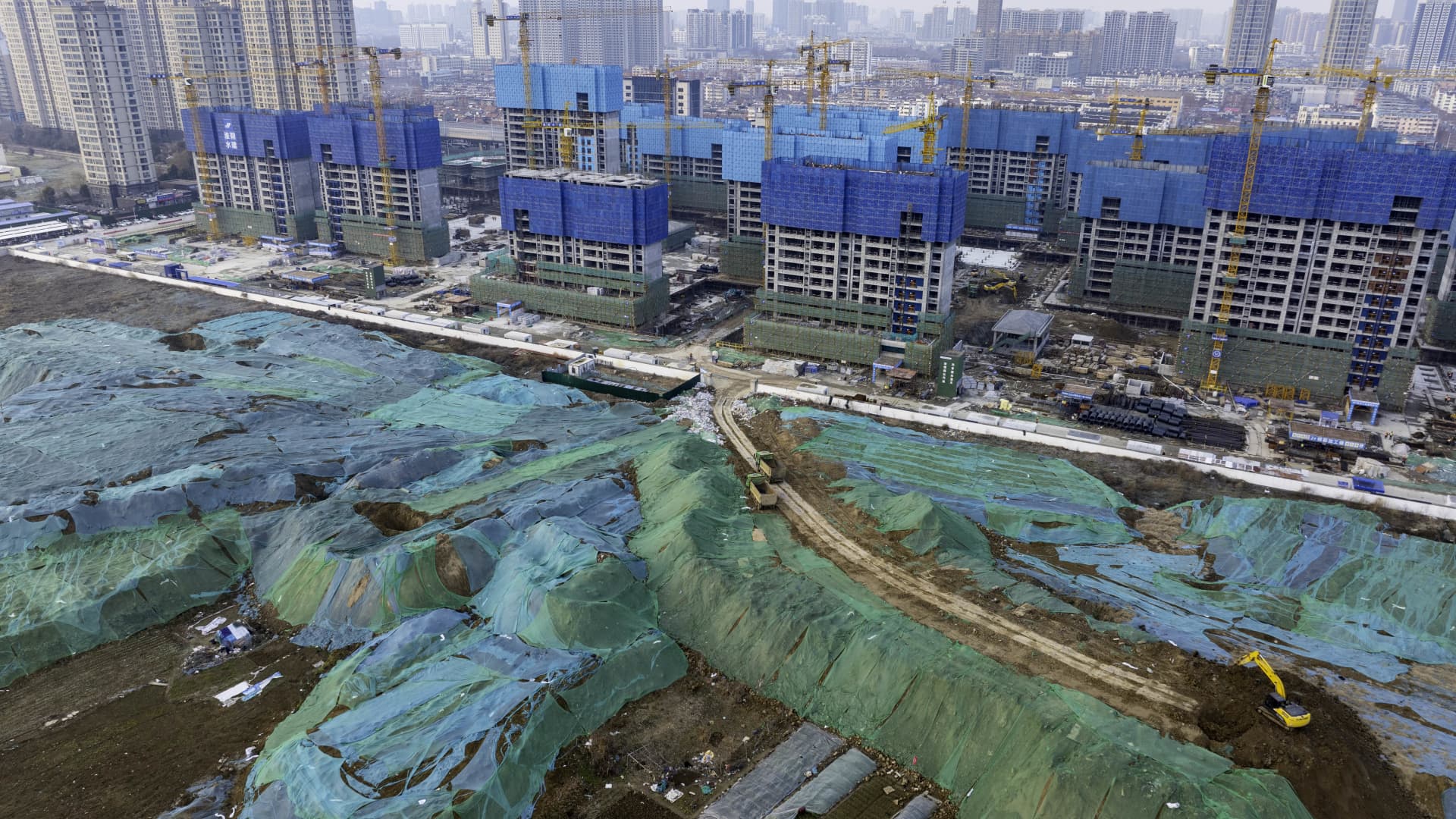Read More:
Top Carmakers at Risk of Using Uighur Forced Labour in China, Report Says
A recent report has raised concerns about several top carmakers potentially relying on forced labor from Uighur Muslim minority groups in China. The report, released by the Australian Strategic Policy Institute (ASPI), highlights how companies like BMW, Mercedes-Benz, and Volkswagen may unknowingly be complicit in human rights abuses in their supply chains.
Significant Risks to the Reputation of Leading Carmakers
According to the ASPI report, which analyzed satellite imagery and uncovered numerous documented cases, there is evidence of Uighur forced labor being used in Chinese factories supplying parts to these car manufacturers. This revelation poses a significant risk to the reputation of these leading automakers, as they could face severe backlash from consumers, governments, and human rights organizations.
Uighur Forced Labour: A Widespread Issue
The Uighur forced labor issue has been a matter of concern for several years. The ASPI report underlines how Chinese authorities have detained over one million Uighurs in re-education camps, where they are subjected to forced indoctrination, labor, and other human rights abuses. The Uighur population, predominantly living in the Xinjiang region of China, has been the target of an extensive government crackdown.
Supply Chain Transparency and Due Diligence Essential
The report emphasizes the need for top carmakers to exercise increased due diligence in their supply chains. Transparent and rigorous audits, combined with proper investigations and monitoring mechanisms, are vital to ensuring that forced labor does not taint their products. These automakers must act swiftly and responsibly to address these concerns and prevent any further exploitation of vulnerable communities.
The Urgent Call for Action
Human rights advocates and industry experts have expressed their dismay over the findings presented in the report. They emphasize that the onus lies on the carmakers to take immediate action. It is crucial for them to engage in proactive dialogue with their suppliers in order to eliminate any forced labor practices. Collaboration with governments, NGOs, and human rights organizations is also essential to effectively address this pressing issue.
The Crucial Role of Consumers
Consumers play a vital role in holding these carmakers accountable for their actions. They have the power to influence corporate behavior through their purchasing decisions. By becoming more informed about supply chain practices and demanding transparency, consumers can contribute to creating a more ethical and responsible automotive industry.
Looking Ahead: A Call for Change
As the report sheds light on the potential use of forced labor in the supply chains of top carmakers, it is essential for the industry to take immediate steps to rectify this situation. An overhaul of supply chain practices, increased transparency, and a commitment to human rights will be crucial in ensuring a sustainable future for the automotive sector. Only through cooperative efforts can we work towards eradicating forced labor and safeguarding the rights and well-being of vulnerable communities.

Read More:
- Sweeping public safety bill in D.C. aims to increase security, undoing past changes
- Get Ready for Enchanting Adventures in Season 4 with Witch Doctor
- Talk therapy shown to be effective in addressing psychological factors contributing to back pain
- Microsoft eliminates Android app integration on Windows 11
- Seven Years Later: Racing Game Enjoys Explosive Success on Steam Thanks to Epic Sale








+ There are no comments
Add yours